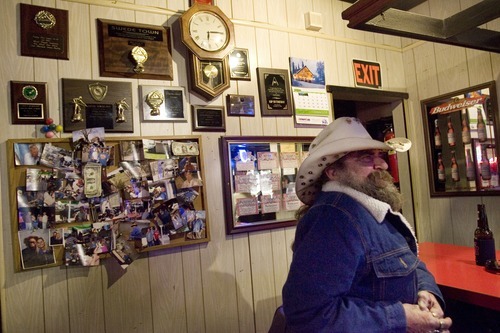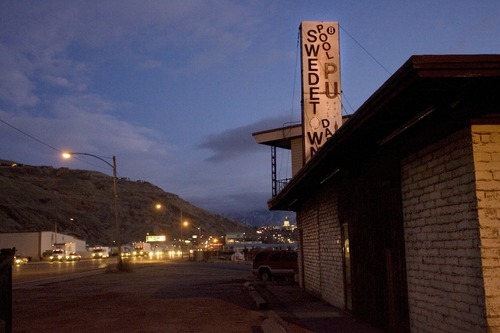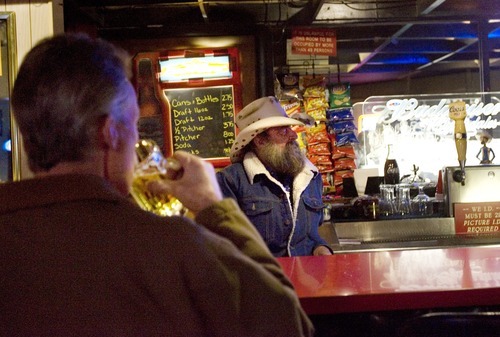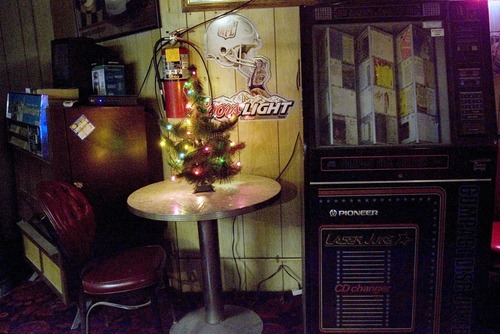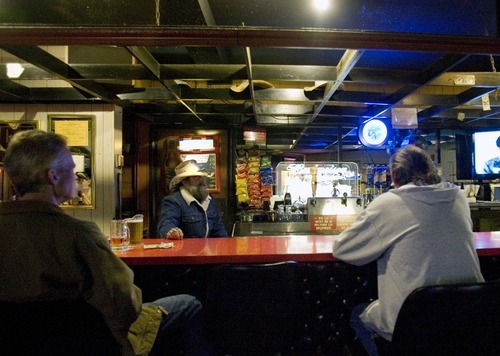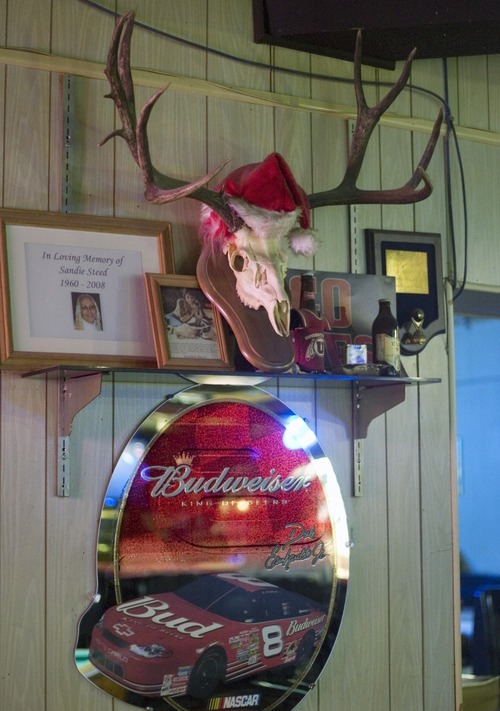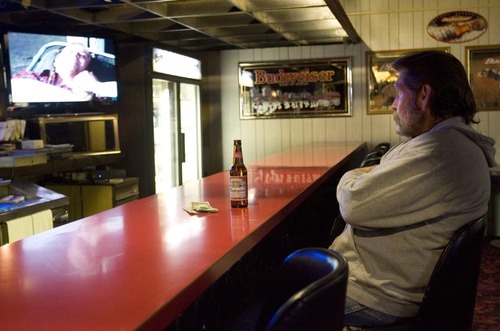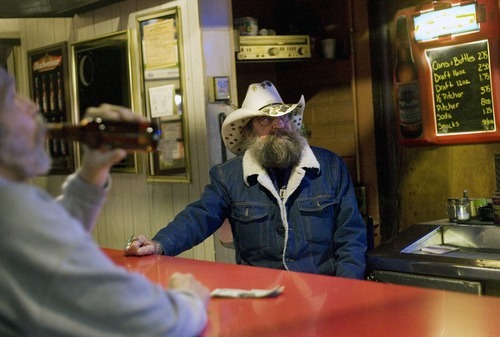This is an archived article that was published on sltrib.com in 2011, and information in the article may be outdated. It is provided only for personal research purposes and may not be reprinted.
What is it in the human psyche that hungers for holiday traditions and rituals?
Whatever it is, our families usually stuff it, like a stocking, to overflowing. Hanging mistletoe, attending midnight Mass, gagging on fruitcake have all become American rituals.
Yet every family also has learned, usually the hard way, that meaningful traditions can't be prearranged and scripted. Like snow on Christmas Eve, if you're lucky, a beautiful one just happens.
Traditions and ritual, the theory goes, comfort us in an uncertain world ruled by capricious forces. In other words, if you know that every year oysters will be in your mother-in-law's stuffing, all is right — or at least predictably wrong — with the world.
The problem comes when individuals are cut loose in the world, far from family and friends. Then, the human compulsion for holiday traditions can drive the lonely to desperate behavior.
Many years ago on a Christmas Eve, I found myself far from home, a Yankee in southwest Georgia. I had taken my first job after college as an itinerant teacher traveling between towns with exotic names such as Cairo, Ochlocknee and Climax. A city boy, I was adrift in a rural community among people who spoke a foreign language.
Sure, it was just a sorghum-slow, Faulkneresque version of English, but to my Pennsylvania ears most days, it might as well have been Farsi.
Let's just say I was a little lonely.
With Christmas fast approaching, my neighbors were drawing together to enjoy their holiday meals (which I guessed revolved around 'possum and peanuts). I found myself an outsider in desperate need of a connection with home.
On my way back from buying a miserable 3-foot excuse for a Christmas tree, I stopped at a redneck bar outside town in search of holiday cheer. It was there I saw the light. A neon beer sign, actually. Humming above the plywood bar, it jogged loose a childhood memory and laid the foundation for a venerable holiday tradition.
—
On another Christmas Eve in Pittsburgh, when I was about 6 years old, my father, on strike from the steel mill, took me with him to run some last-minute holiday errands.
In our old Jeep station wagon, we picked up bakery goods and other holiday goodies. We were nearly done when — as in all good Christmas stories — something sad happened.
Between stops, with the hazy Pittsburgh sun setting, my father was pulled over for a minor driving infraction that I can't recall, except that in that rusting Willys, no way could it have been speeding. What I do remember was my father handing over his driver license and telling the towering black-clad state trooper, "There goes my strike-relief check."
A minute later, the trooper returned to the window and handed my father the license, but no ticket. "Merry Christmas," he said as he walked away.
—
The encounter with the seraphic smokey left us in the perfect mood to run our final errands: first, the seasonal stop at the liquor store for a fifth of Four Roses whiskey and a quart of Manischewitz wine, as the holidays were the only time my family served anything stronger than beer in our home.
Then, we were off to the beer distributor for a case of our usual Iron City beer. For some reason, my father — probably reasoning that mercy from a Pennsylvania State Trooper had to be some kind of holy sign — decided to splurge.
My dad passed the stacks of Iron City to pick up a case of something special.
It was dark when we arrived home. My mother had turned on the fist-size colored lights my dad put on the house. I put the bakery boxes on the table and my dad set the case of beer at my mother's feet.
She bent over and pulled out one of the bottles, looked at it, smiled, then raised it dramatically above her head.
"Miller High Life — the champagne of bottled beers!" she said in mock amazement. "This is going to be a good Christmas." She hugged my father and we all laughed — my parents because they got her joke and I because I didn't.
It was, of course, a great Christmas.
—
Staring at that neon sign on that Georgia Christmas Eve, I thought of my mother, my father and the state trooper, and then I ordered a Miller. When the bored bartender brought it to me, I hefted it in a toast: "The champagne of beer. This is going to be a good Christmas."
The bartender — as everyone, more or less, has since, replied, "Whatever y'all say, chief," and put my money in the cash register.
I never much liked Miller beer—or rituals. But for years, as I moved around the country, come Christmas Eve, I made myself a gift of that flimsy, not to mention ridiculous, tradition and the memory it recaptures.
After acquiring a family of my own, I continued the ritual of the solitary beer in an unfamiliar bar. Surrounded each year by friends, excited kids and increasingly prefab holiday spirit, I do it because it returns to me that sweet melancholy of being a lonely traveler far, far from home on Christmas Eve.


